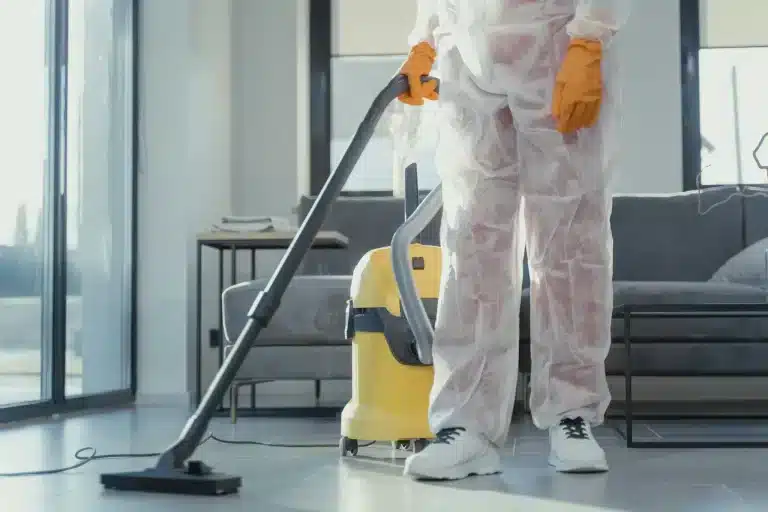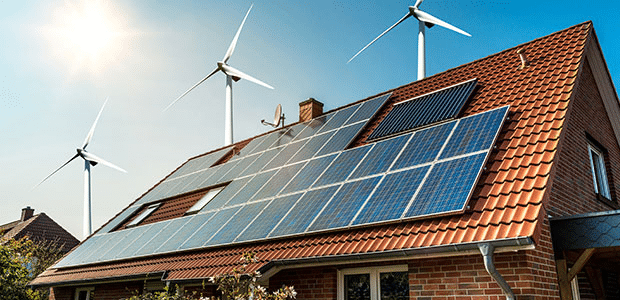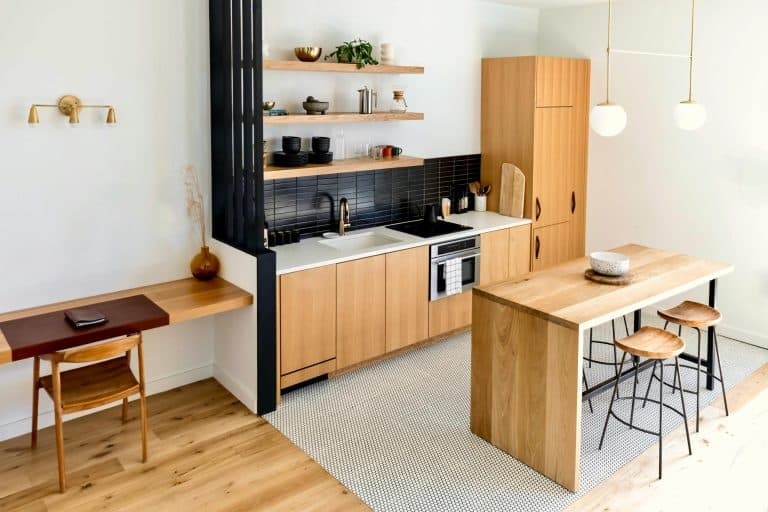As winter rolls in, the drop in temperature often leads to dry air indoors, which can cause discomfort and health issues. The impact of dry air is extensive, leading to dry skin, static electricity, irritated sinuses, and respiratory problems.
Fortunately, your HVAC (heating, ventilation, and air conditioning) system can help combat these issues and create a more comfortable living environment. Let’s explore how your HVAC system can help alleviate dry air during the colder months.
Understanding the Problem of Dry Air in Winter
When temperatures fall, the air’s ability to hold moisture decreases. This means that even though your heating system keeps you warm, it’s also reducing the moisture in the air.
Indoor heating systems, such as forced air, often exacerbate this problem by circulating hot, dry air throughout your home. This dry air can leave your skin feeling tight and flaky, your throat scratchy, and even damage wooden furniture or musical instruments.
Unlike summer months, when humidity levels tend to be higher, winter air is often much drier. As your home’s heating system works to keep the temperature stable, it can further lower humidity levels, leading to a persistent sense of discomfort.
The good news is that you can manage the dryness and create a more comfortable environment by making a few adjustments to your HVAC system.
The Role of Humidifiers in Your HVAC System
Introducing moisture back into your home is one of the most effective ways to deal with dry air. This is where humidifiers come in. Many modern HVAC systems offer built-in humidification features, such as whole-home humidifiers. These devices work alongside your furnace to add moisture to the air, ensuring the humidity levels are balanced throughout your living space.
A whole-home humidifier can be directly integrated with your HVAC system, allowing it to monitor the air’s moisture levels and adjust accordingly. This helps maintain an optimal indoor humidity level—usually between 30% and 50% — which can be crucial for comfort and health.
With consistent humidity, you’ll notice fewer problems like dry skin, irritation, or respiratory discomfort. If your HVAC system doesn’t have an integrated humidifier, a portable humidifier can also do the job, but it may require more frequent maintenance and attention.
Why You Should Hire a Professional HVAC Technician
To ensure that your HVAC system works at its best during the winter months, consider hiring a technician for a routine inspection and maintenance.
HVAC systems are complex, and quality and professional services from reputable companies like Apple, Plumbing, Heating & Air can ensure your system operates efficiently.
An experienced HVAC technician will assess your system’s performance, check for potential issues, and ensure the humidifier and other components function correctly.
If needed, an HVAC technician can also help install or upgrade your home’s humidification system and recommend the right size and type of humidifier based on your home’s size and specific needs.
Regular maintenance, including cleaning and replacing filters, will help your system work more efficiently, preventing it from drying out the air even more. Hiring a professional also ensures that your HVAC system is safe. Problems such as clogged ducts, dirty filters, or malfunctioning heating components can cause serious issues with dry air and your home’s overall comfort and safety.
Other HVAC Solutions to Combat Dry Air
Besides installing a humidifier, your HVAC system can help mitigate the effects of dry air in a few other ways. First, check the air filter regularly.
Filters clogged with dust and debris can restrict airflow and make your system less effective. Replacing or cleaning the filter can improve your HVAC system’s performance and prevent it from circulating dry, dusty air.
Also, consider adjusting your thermostat settings. Setting your thermostat too high in winter can overheat your home, causing air to dry out even more.
Instead, aim for a moderate temperature setting and use additional layers of clothing or blankets to stay warm. This will reduce the load on your HVAC system while maintaining a more consistent humidity level in your home.
For homes with forced-air heating systems, adding a bypass humidifier or steam humidifier can help regulate moisture levels without frequent manual intervention.
The Benefits of Maintaining Proper Humidity Levels
Keeping the right humidity level in your home goes beyond just comfort – it also provides health benefits. Proper humidity can prevent the drying of mucous membranes, which protects against infections and irritations. It can also reduce the chances of allergies or asthma flare-ups, which are more common in dry conditions.
Maintaining a balanced indoor climate with the help of your HVAC system can also help preserve the integrity of your home.
Wooden furniture, doors, and flooring are particularly susceptible to damage from fluctuating humidity levels. Wood can crack and warp when air is too dry, leading to costly repairs. By maintaining optimal humidity levels, you can protect your home and the furniture within it.









